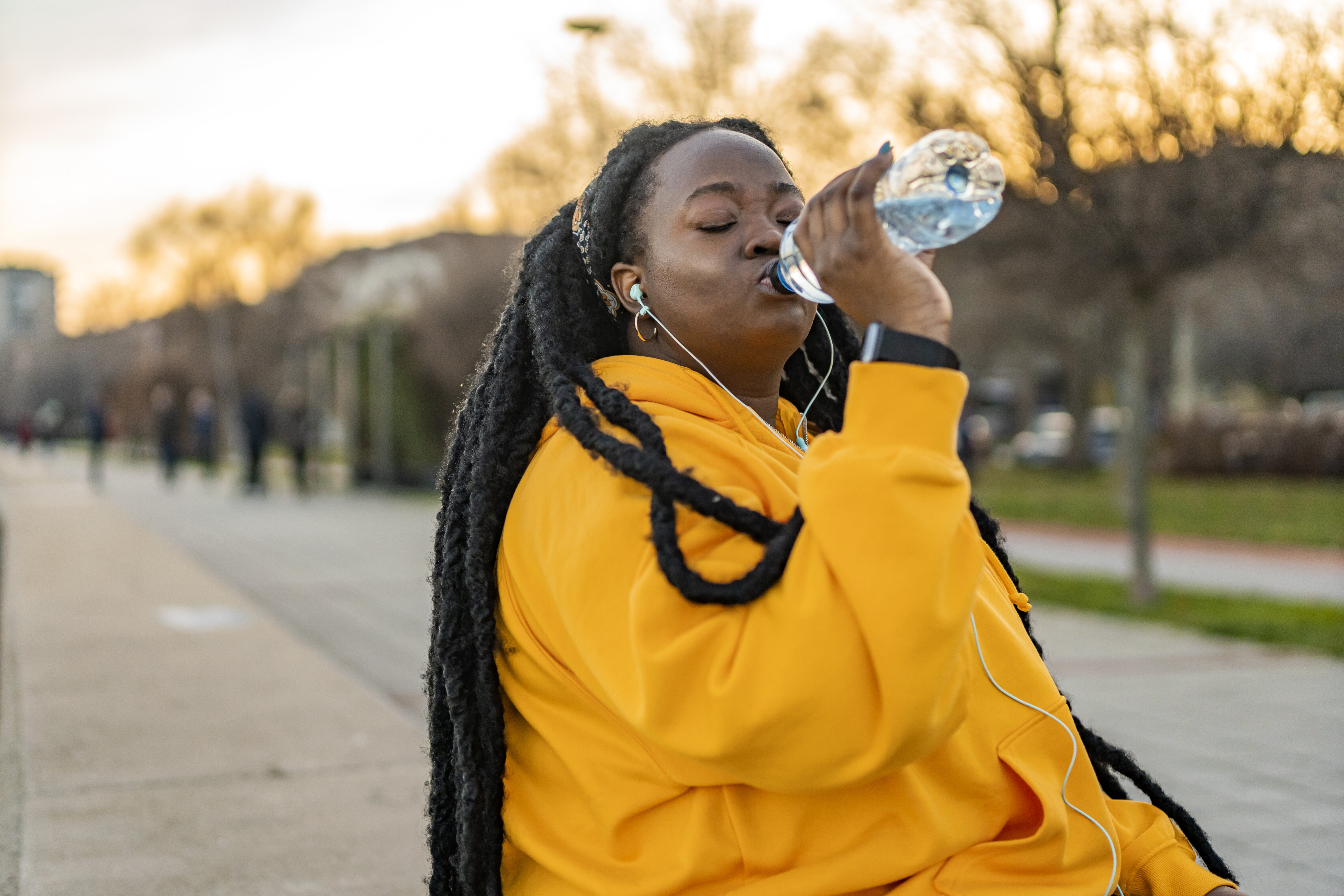
UK shoppers are in a sticky situation following findings from an investigation by the European Commission. During this investigation ten honey samples from the UK all failed tests and were found to have been diluted with sugar syrup.
The EU Honey Directive requires that ‘honey shall not have added to it any food ingredient, including additives nor shall any additions be made other than honey’. However, across the EU, 46% of honey products tested had sugar added to them.
Speaking to The Guardian, Lynne Ingram, master beekeeper at Wesley Cottage Bees, near Bridgwater in Somerset, who is among a group of beekeepers calling for better information for shoppers, said:
“If you see honey that is as cheap as 75p a jar, it is too good to be true. It’s unrealistic for people to be able to produce genuine honey at those prices.
“This shocking report is only a snapshot, but it indicated almost half the honeys were adulterated and it’s a growing problem. There is no proper enforcement or testing at the moment and people can get away with it very easily.”
Is it Still Safe to Get Stuck Into Your Jar of Honey?
The UK Government is currently investigating the EU Commission’s finding but until then, have stated that there is no risk to food safety. Officials say that no single test can establish honey’s authenticity and research is continuing.
How Do You Know If You Are Buying Real Honey?
It’s understandable that following this news, some shoppers may feel uncertain about which honeys are safe to buy - especially people that had been using it as a processed sugar alternative!
Campaigners at the British Beekeepers Association are keen for the public to understand exactly where their honey has come from instead of the current system where, if the honey originates from multiple countries, the label simply states ‘blend of EU/non-EU honeys’.
A petition has been launched by the association requesting for this labelling to be mandatory for all honey production. The petition at the time of writing has 12.7k signatures and closes on April 13th.
Until investigations are complete, however, buying honey from a local beekeeper will guarantee you’re getting ‘pure’ honey but it will come at a higher price tag than you’re perhaps used to from chain supermarkets.


